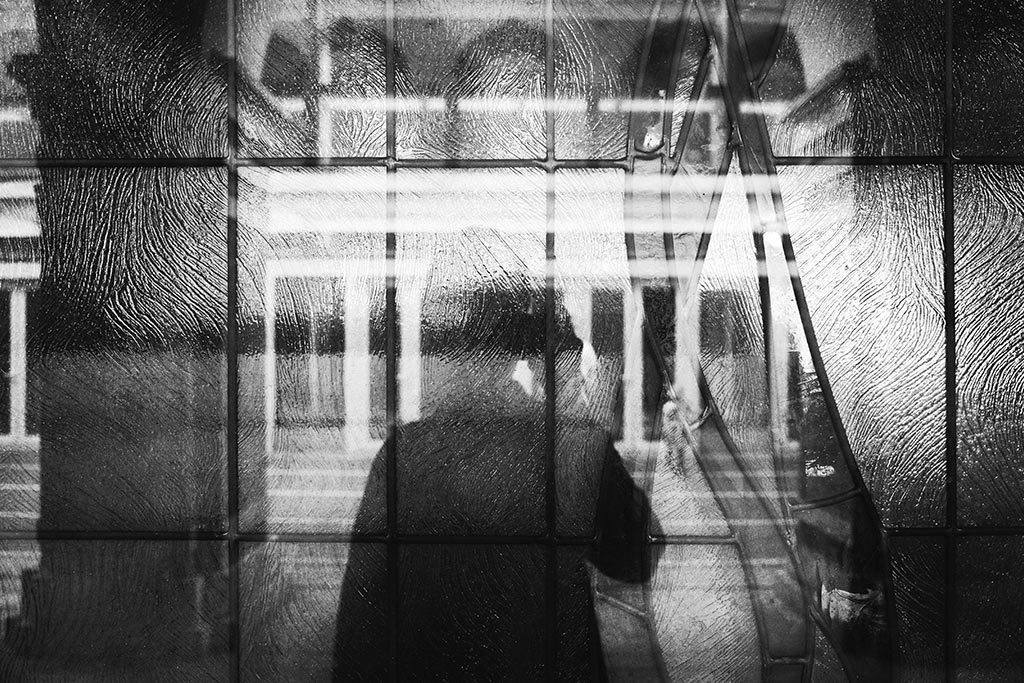
The fact that Donald Trump finds himself in dire straits and facing possible impeachment proceedings is due to a public servant filing an internal complaint that the President had used foreign policy against a political opponent. There has also been a subsequent attempt at a cover-up. In Washington, scandals involving an attempt to bury crimes and malfeasance ultimately end up mattering more than the crimes themselves. Indeed, there is already talk about the possibility of the investigation being obstructed by the White House and the President. In this particular case it concerns US financial aid to Ukraine to thwart the Democrat Joe Biden, a runner in the presidential race, as a means of inducing the new Ukrainian government to investigate some of the business dealings of his son, Hunter Biden, in Ukraine: the time-honoured quid pro quo.
Even with the subsequent declarations made in Congress by various diplomats and other civil servants –in the US it is a serious crime to lie before Congress– the issue has already gone far beyond what the whistleblower, supposedly a CIA agent, had reported. In the aftermath of the Watergate scandal that saw off Richard Nixon, everything Presidents do in an official capacity is recorded (and is now digitally transcribed), and a large number of their official conversations have multiple people, specialists who help with one of the most complex posts in the world, listening in. This in a country where the circulation, rather than the retention, of such information forms part of the power games.
The concept of the whistleblower, someone who raises the alarm through internal channels to signal that something is being done badly, or against the law, is very American, although it is also applied in Europe: the EU uses the term in its legislation. Referring to someone who uses internal procedures to sound the alarm about blunders, irregularities and illegalities, it is not to be confused with the informer or leaker who passes confidential information on to the news media, although that is where many denunciations end up, to ensure that they have an effect.
It is possible for whistleblowers to reveal information about their superiors for motives of vengeance or spite, as was the case with ‘Deep Throat’, who put the Washington Post on the scent of Watergate. W. Mark Felt –his name only emerged much later– had been denied a promotion by the FBI, where he worked. But as Tom Mueller, author of the book Crisis of Conscience: Whistleblowing in the Age of Fraud, argues, the law is concerned not about the resentments of the whistleblowers –‘their motivations are irrelevant’– but about their accusations, which in this case Congress needs to weigh. Mueller does not see whistleblowers as heroes, simply as public servants who are doing their duty.
Mueller quotes another case involving an investigator at the Office of Inspector General in Harrisburg (Pennsylvania). In 2002 his superiors tried to prevent him from denouncing a large-scale fraud being committed by some pharmaceutical companies with considerable power in the state. He ended up leaking his investigations on the Internet, helping the state of Texas win a major lawsuit against the companies involved 10 years later.
Allison Stanger, author of Whistleblowers: Honesty in America from Washington to Trump, argues in a recent article that such people ‘are not partisans but stewards of our constitutional democracy’. They are necessary and have to be protected, particularly in the secret services, where they tend to occupy a grey area. In 1998 the US approved the Intelligence Community Whistleblower Protection Act, which Obama strengthened with an executive order. For employment issues, the US Department of Labor has a whistleblower protection programme for its workers who complain about discrimination for reasons of ‘race, religion, sex (including pregnancy), national origin, age (for those over 40), disability or genetic information’. It is, in other words, a widespread practice, not only among the intelligence community or public employees. Nor is it exclusive to the public sector. For example, a whistleblower recently revealed that Boeing rejected full safety enhancements for the 737 aircraft prior to the latest accidents.
Edward Snowden could have acted in this manner and lodged a complaint with the Inspector General of the National Security Agency after unearthing an illicit mass-surveillance system. But, Stanger argues, his revelations would have ended there, and never reached the public. Indeed, in matters of national security, despite the regulations alluded to, whistleblowers are insufficiently protected. The person who revealed the conversation between Trump and Zelensky is being protected, even from the request that he or she should appear before the committees of the House of Representatives, where many of the declarations have been made behind closed doors, although they have now passed into an open phase.
There is another case: last year an anonymous White House staffer wrote an article in the New York Times –the author’s identity was not revealed, something unprecedented for this journalistic institution, although the newspaper did verify it– to give an account of White House malfeasance from the inside, declaring himself (or herself) to be part of the internal ‘resistance’. This person has now published a book with more revelations, but some commentators –like Joe Klein, author of the famous Primary Colors, published anonymously at the time of Bill Clinton’s presidential campaign in 1992– have spoken out to ask that they reveal their identity.
In the EU, those who report irregular or corrupt practices –in public contracts, financial services, money laundering, the safety of products and transport, public health and data, among others– will be better protected from 2021 thanks to a new law approved by the European Parliament in April and by the Council in October that strengthens safeguards against reprisals and creates ‘secure channels’ for their complaints. Giving better protection to whistleblowers is also a democratic step forwards in Europe.


